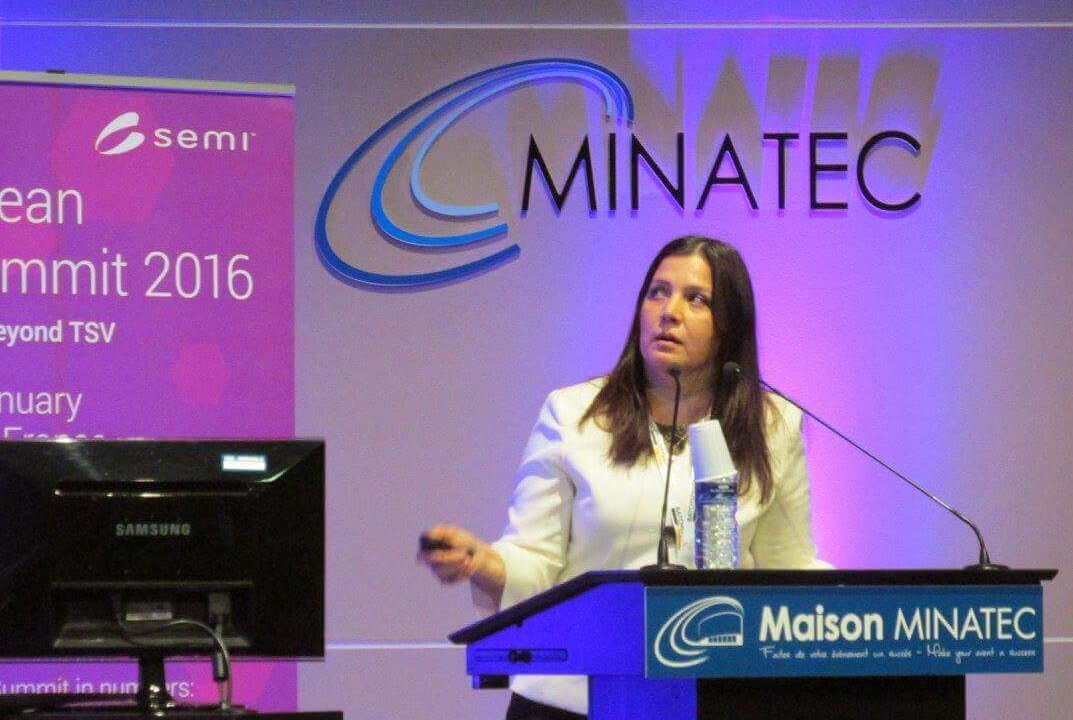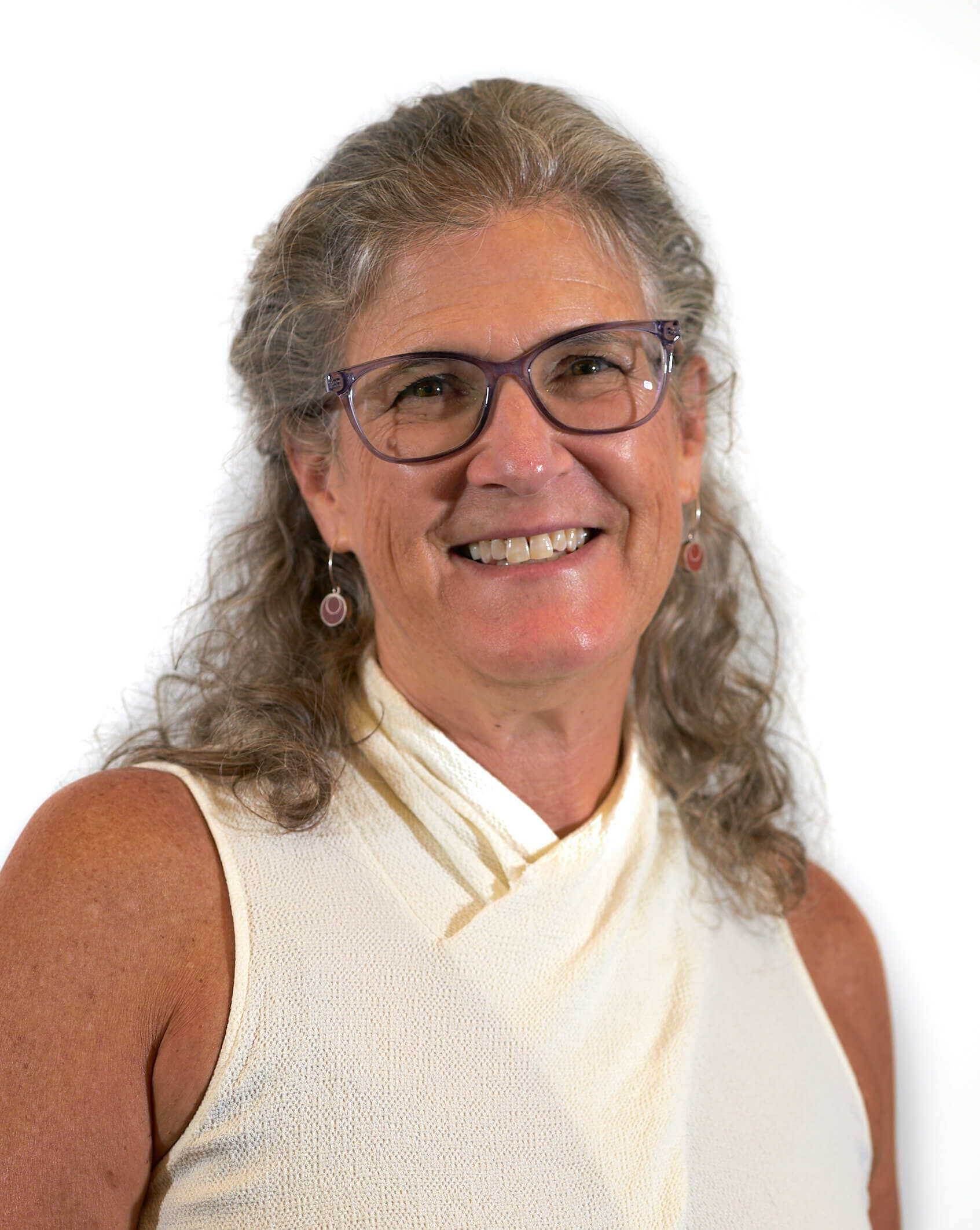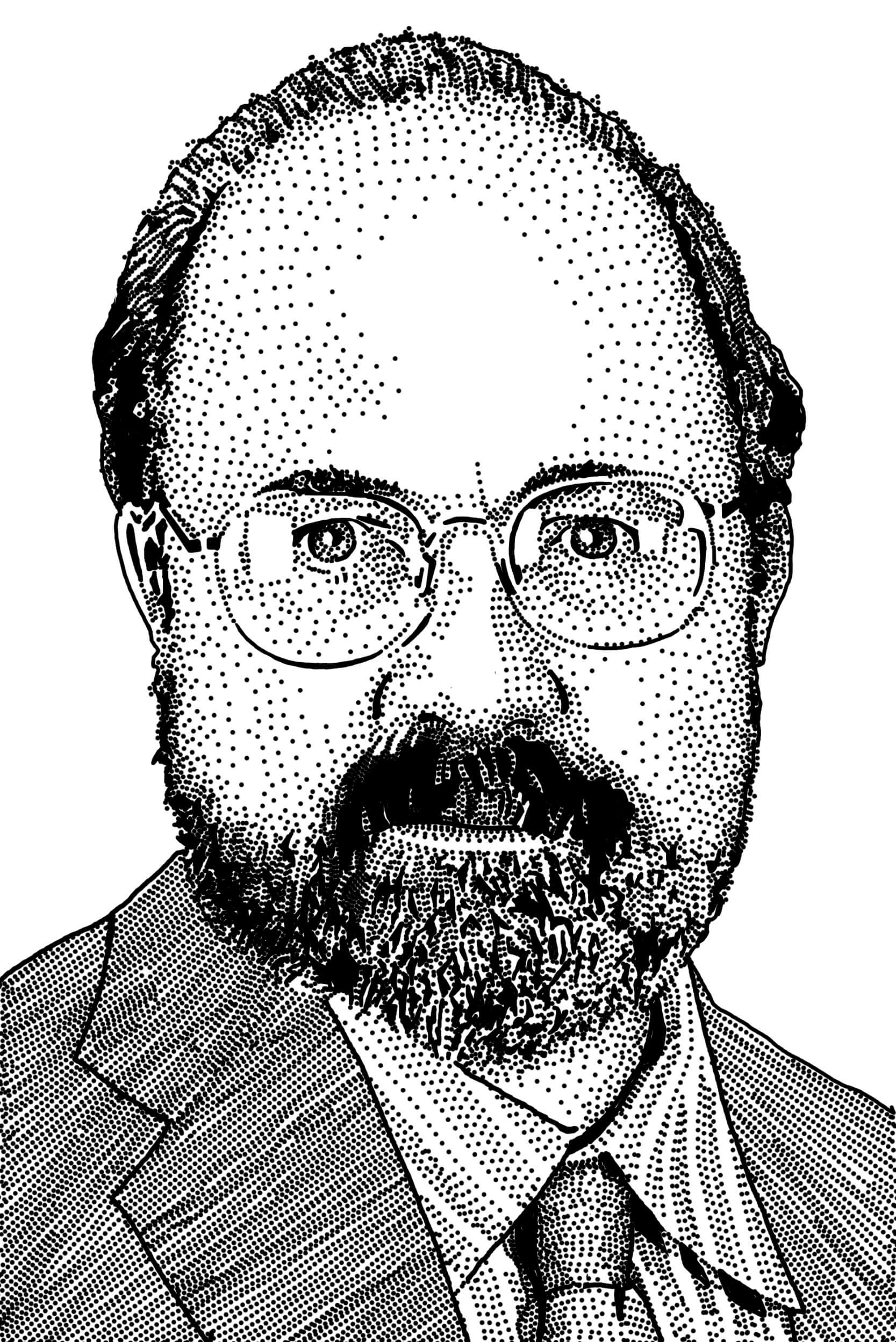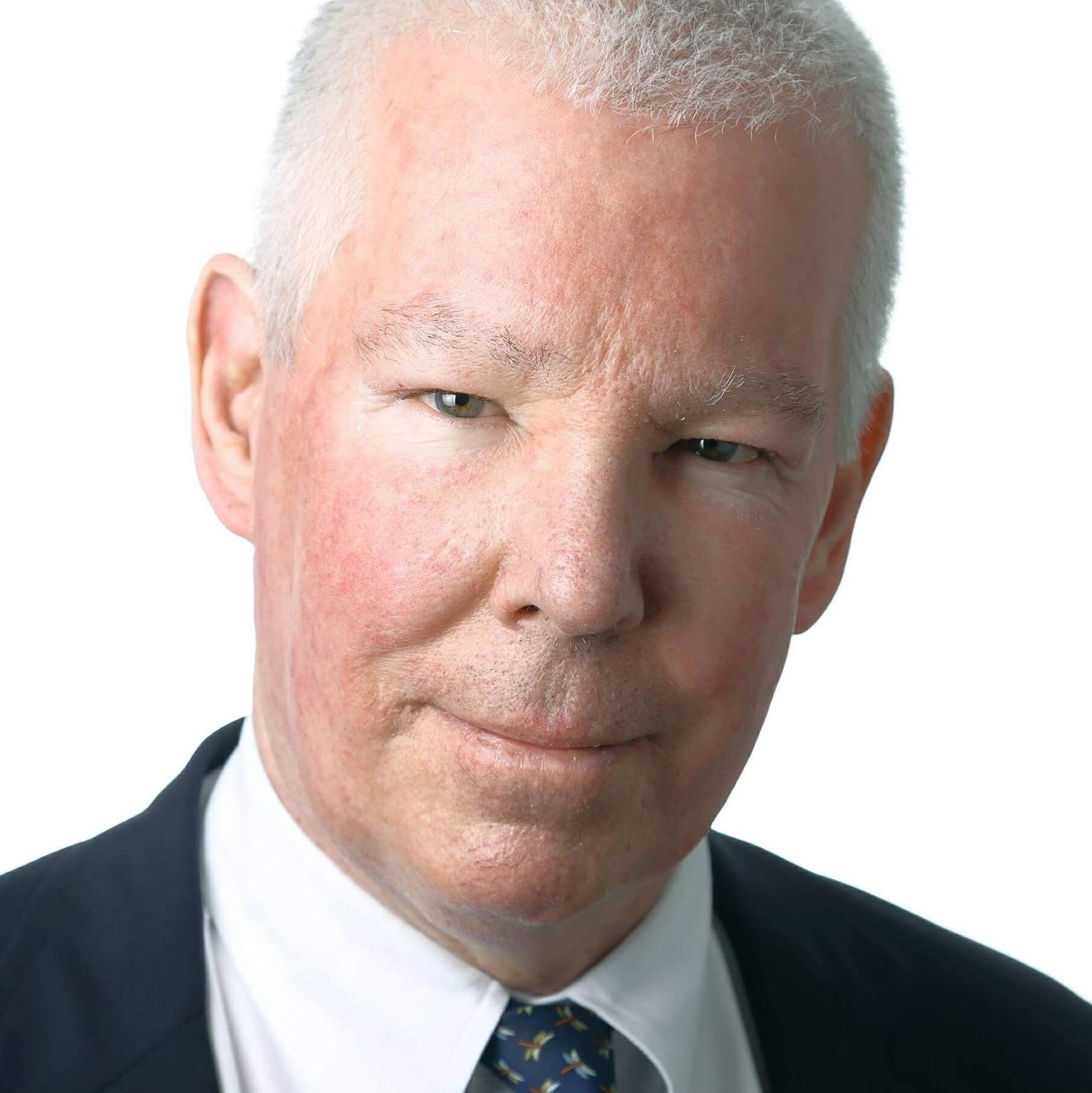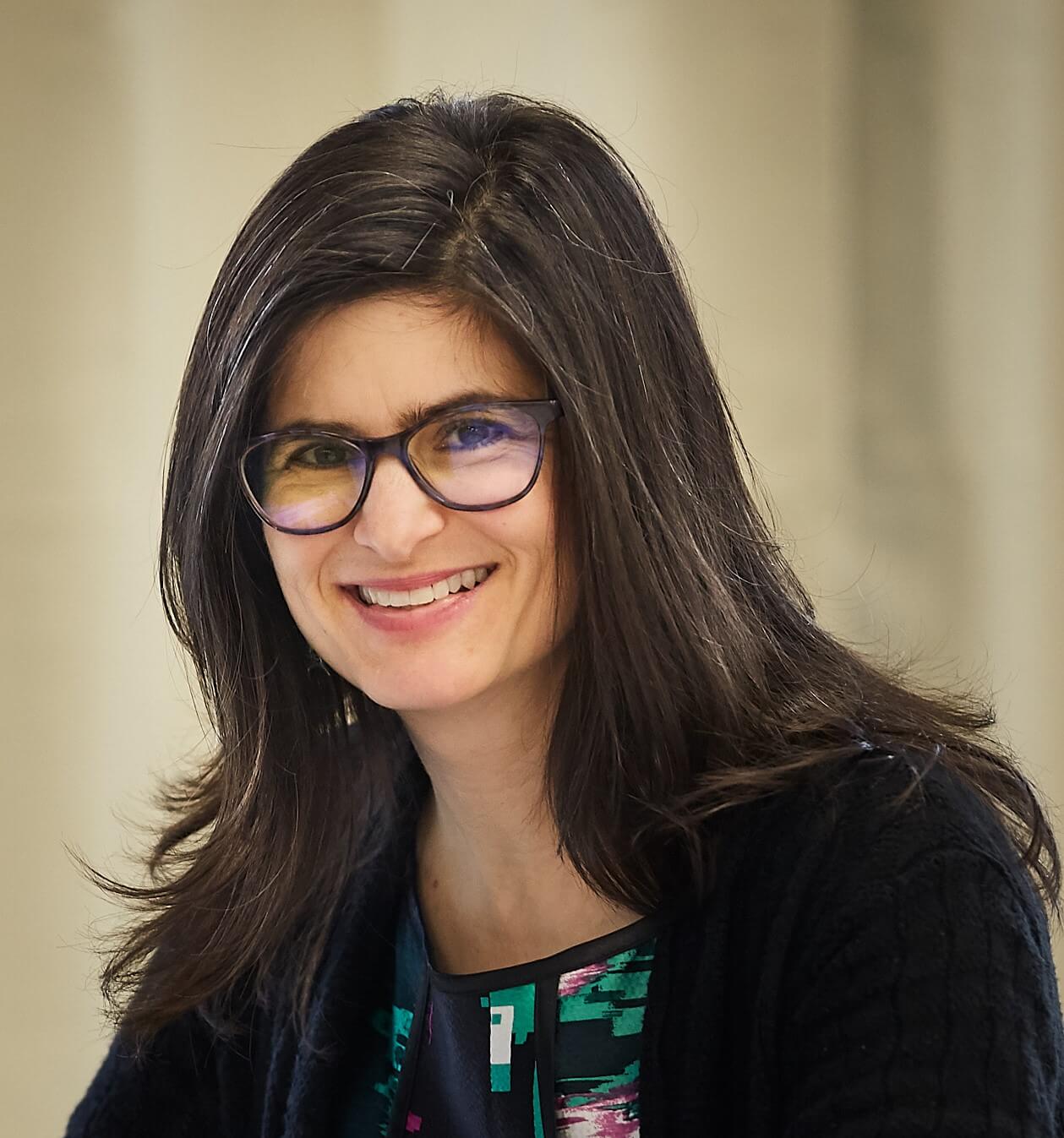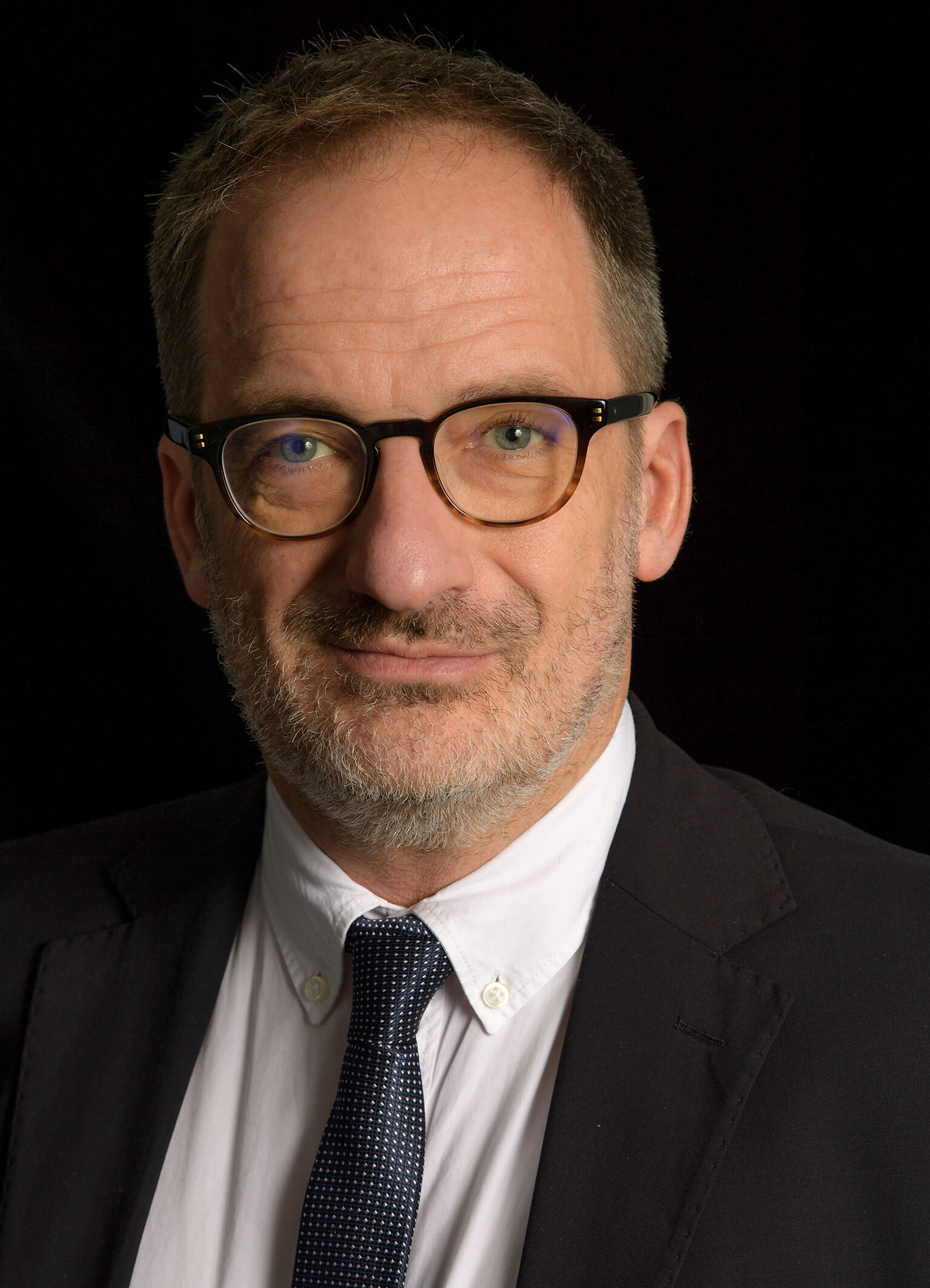 “Driven” doesn’t even begin to describe Romanian-born Rozalia Beica, global director, strategic marketing, DowDupont.
“Driven” doesn’t even begin to describe Romanian-born Rozalia Beica, global director, strategic marketing, DowDupont.
Neither rain, nor sleet, nor whizzing bullets overhead can keep this SemiSister from achieving her goals. Her journey to success in the semiconductor industry spanned countries and continents and survived communist dictatorship, mandatory military service, a revolution, and a family separated by oceans. This SemiSister Success story begins in Romania, where for years, women have been encouraged to pursue careers in science, technology, engineering, and math (STEM).
For the love of math
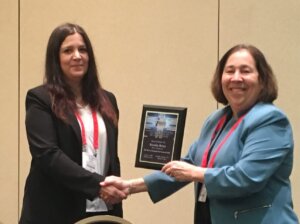
Quiet and shy as a child, Beica says she always chose schoolwork over play. “In school, when the other kids went out to play, I’d stay in and solve math and chemistry equations just for fun,” she says, laughing at the memory. Her competitive nature helped her stay at the top of her class and earned her many awards through the years.
Her interest in STEM began at home. While her mother worked in the medical field, her father and brother worked in technology fields. Beica says they never discouraged her to choose a career path or push her towards something that they might have wanted more.
Although math was her passion, she thought, at that time, the only career path would be to teach. Wanting more, she pursued a combined bachelor’s and master’s degree in chemical engineering. Her first engineering job was in her hometown, making bearings for all kinds of engines. Later, she went on to achieve a M. Sc. In Management of Technology from KW University, USA and a Global Executive MBA from Instituto de Empresa in Spain.
But it wasn’t always been about study and work. Beica married her high school sweetheart and they had a son. After the revolution, her husband went to the US, with the intention of bringing them all there. It was three years before the family was finally reunited, in Canada, where they emigrated, and where she got her first job in the electronics industry, testing circuit boards for ATM machines at NCR.
Romanian women in tech

In Beica’s chemical engineering program at the polytechnic institute, only a few students were men; the majority were women. Men were more drawn to mechanical engineering, construction and computer science, she explained.
Unlike the US, in Romania, women were encouraged to follow STEM-related careers. According to this article, during the communist regime in Romania, women were praised for their technical skills and encouraged to pursue careers in science because they needed all the workforce they could get. This included jobs making tools and doing mechanical repairs. Thus, the foundation was laid for today’s large proportion of women in tech in Romania.
This is not a temporary phenomenon as the number of women in these fields is even increasing every year. Today, at 27.2% Romania has one of the highest proportion of women working in technology, second only to Bulgaria, at 27.2%. This is because women have never been discouraged to enter into technology fields. Romania is also one of the few countries in the world that can boast a low gender pay gap – the lowest in Europe, in fact.
A strong work ethic
When Beica was in her third year of university studying chemical engineering at Polytechnique University in Timisoara, Romania was in the midst of a revolution as the communist regime collapsed. She recalls when shooting was going on all night. “But how can I miss school?” she says, “So I went the next day to school.”
Beica’s attributes her success to this strong work ethic. “In everything I have done, I have always had high standards for quality and customer satisfaction, combined with my own strong principles and integrity. I like to think outside the box, challenge the status quo and bring a creative side to my work. This has helped me to excel everywhere I worked,” said Beica. “I have always let my work speak for itself. In fact, I’ve been told, many times, that I raised the bar very high.”
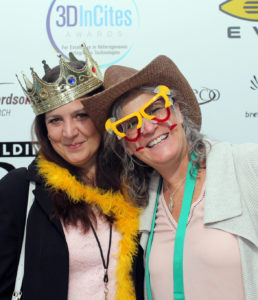
The face of EMC 3D
Over the past 12 years, Beica self-propelled to success, as she was recruited to take leadership positions at Rohm and Haas, Semitool, Maxim Integrated Circuits, Applied Materials, Lam Research, Yole Développement and now, DowDupont. Through the years, she’s become well known for her work in Advanced Packaging, heterogeneous integration, and 3D technology.
Truth be told, Beica has more claim to the moniker, “Queen of 3D” than I do.
She was the face of the EMC3D Consortium, the well-known collaborative initiative launched in 2008 by her boss at SEMITOOL, Paul Siblerud. EMC3D was what launched 3D integration into the limelight. It did the same thing for Beica. In Siblerud, Beica found a mentor. She says he saw her potential and stepped aside, often relinquishing speaking engagements to her to help her along her career path.
That’s where I first met Beica: She was presenting the latest findings on through silicon via (TSV) processes, and I was madly typing notes and trying to capture every word. I was still new to the industry and was trying to learn as much I could about my chosen topic: 3D integration.
On being a woman in semiconductors

Beica has seen the ups and downs of being a woman in the semiconductor industry. While some colleagues saw and valued her willingness to go the extra mile and work long hours, weekends and nights, to produce high-quality results as a plus, others were threatened by it. She’s found the men more often to be more supportive and encouraging, however, she also had the opportunity to work with great women in this industry.
Beica is proud of what she’s achieved and hopes to do more in the future. “For me, it’s seeing that my work has a positive impact,” she says. “I can see that the company is changing, thanks to my advice and strategy, and that the teams I am leading and young engineers I am mentoring are growing.”
“The semiconductor industry is full of opportunity for anyone who’s interested to learn,” says Beica. “It’s the best industry to be in. You have the opportunity to work on so many interesting projects and with so many brilliant people, and, on top of it, to be part of an industry that had and will continue, even more so now, to have such a big impact on our lives.”
Beica says if you want to succeed, you have to be willing to put in a lot of hard work and be passionate about what you do. For those of you who have the grit and determination, she offers these tips for success:
- Don’t compromise your values. “Ethics and strong values have always guided my work and life, and are a big part of who I am today.”
- Advocate for yourself. “Show them you can do it.”
- Learn, learn and learn again – stay up to date with the latest achievements in the industry.
- Don’t be afraid to leave a job. “Better to follow your beliefs than just go with the flow. You’ll be alright.”
- Embrace the successes that you have. “It’s important to aspire to achieve more and reach higher, but celebrate your achievements. Have high standards, but you’ll never be happy if you always want more.”
- “Don’t forget to give back and help others, mentor and teach younger generations”
- ‘Volunteer and be active in the industry, even if that will take a lot of extra effort and time, it will be well worth it”
- Remember what’s important. “A lot of work, passion, dedication went into my work and career, however, I could not have done it without the strong support from my family!”
Beica’s career has allowed her to live in Romania, the US, Canada, Austria, and France and travel all over the world. Integrating different cultures into a workplace makes them richer and more faceted. Beica encourages companies to expand both gender and cultural diversity. “Women have a higher emotional quotient than men, which, studies show, makes them excellent leaders and even CEOs,” she said. That said, she thinks individuals should be considered not because they are a man or woman but based on their own merits. ~ FvT



